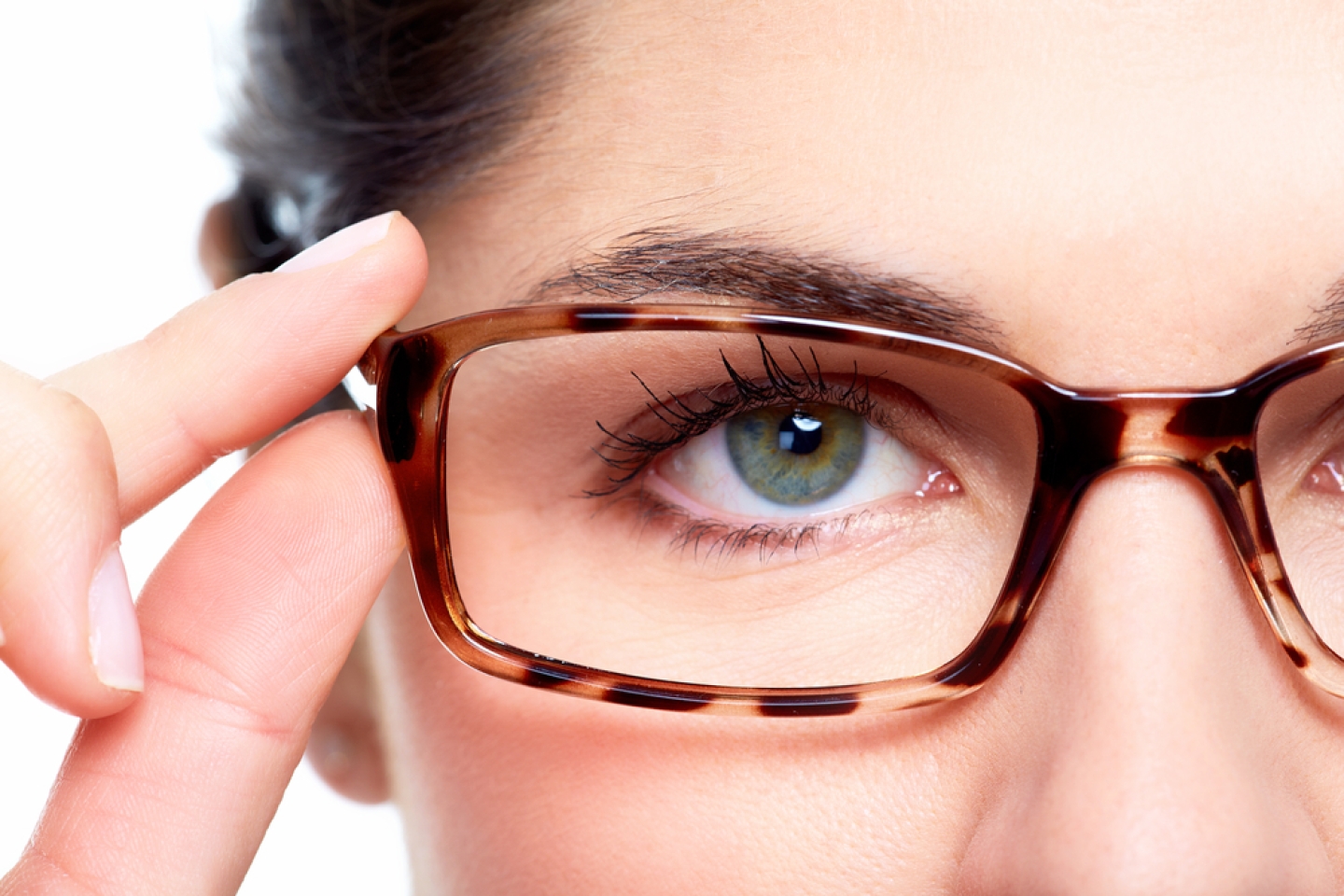
American adults spend about seven hours looking at a screen each day. Whether you're on a computer or glued to your phone, extended screen time can affect your eye health.
“Computers can take a toll on eyes,” says Christopher Starr, M.D., FACS, ophthalmologist at Israel Englander Department of Ophthalmology at Weill Cornell Medicine. “It's called computer vision syndrome. It usually involves eye strain from fatigue due to staring at fixed near-distance targets all day long.”
It may not be possible to significantly lower the amount of time you spend looking at a screen. Still, there are several steps you can take to prevent computer vision syndrome and promote eye health. Here are a few tips to get started.
Dr. Starr recommends the 20-20-20-20 rule to decrease dryness and fatigue:
Set an alarm or put a sticky note on your screen to remind you to take a break. Dr. Starr also suggests keeping a bottle of artificial tears on your desk as a visual reminder and additional tool to soothe dry eyes.
Research suggests blocking blue light from screens is not an effective way to reduce eye strain. However, anecdotally, many people report that blue-light-blocking glasses are helpful. Dr. Starr says if you like blue-light-blocking glasses, wear them.
You may also be able to get the same effect without the cost of glasses. Most devices now come with a “blue shift mode” setting that turns off all blue light pixels. You can leave this setting on 24/7 or program it to turn on and off at certain times of the day.
Whether you currently wear glasses or not, a pair of computer glasses may help protect your eyes and increase comfort.
“We often recommend people who spend many hours a day on computers to get computer glasses,” says Dr. Starr. “These are glasses that are ideally suited to arm's length, and will keep that distance in focus to alleviate a lot of that burden on the eye muscles trying to keep things in focus.”
If you already wear glasses and don’t want a second pair, computer glasses can be added to your current prescription to create bifocals or trifocals.
No matter how many hours a day you spend online, regularly scheduled eye exams are vital to eye health. A comprehensive exam can detect issues early and help prevent computer vision syndrome and related complications. If you're noticing changes, it’s time to see an ophthalmologist.
“Anybody who has a change in their eyes or their vision, definitely do not ignore it,” says Dr. Starr. “Go straight to your eye doctor and have it checked out.”
For more eye health tips and a comprehensive eye exam, schedule an appointment with a Weill Cornell Medicine ophthalmologist.